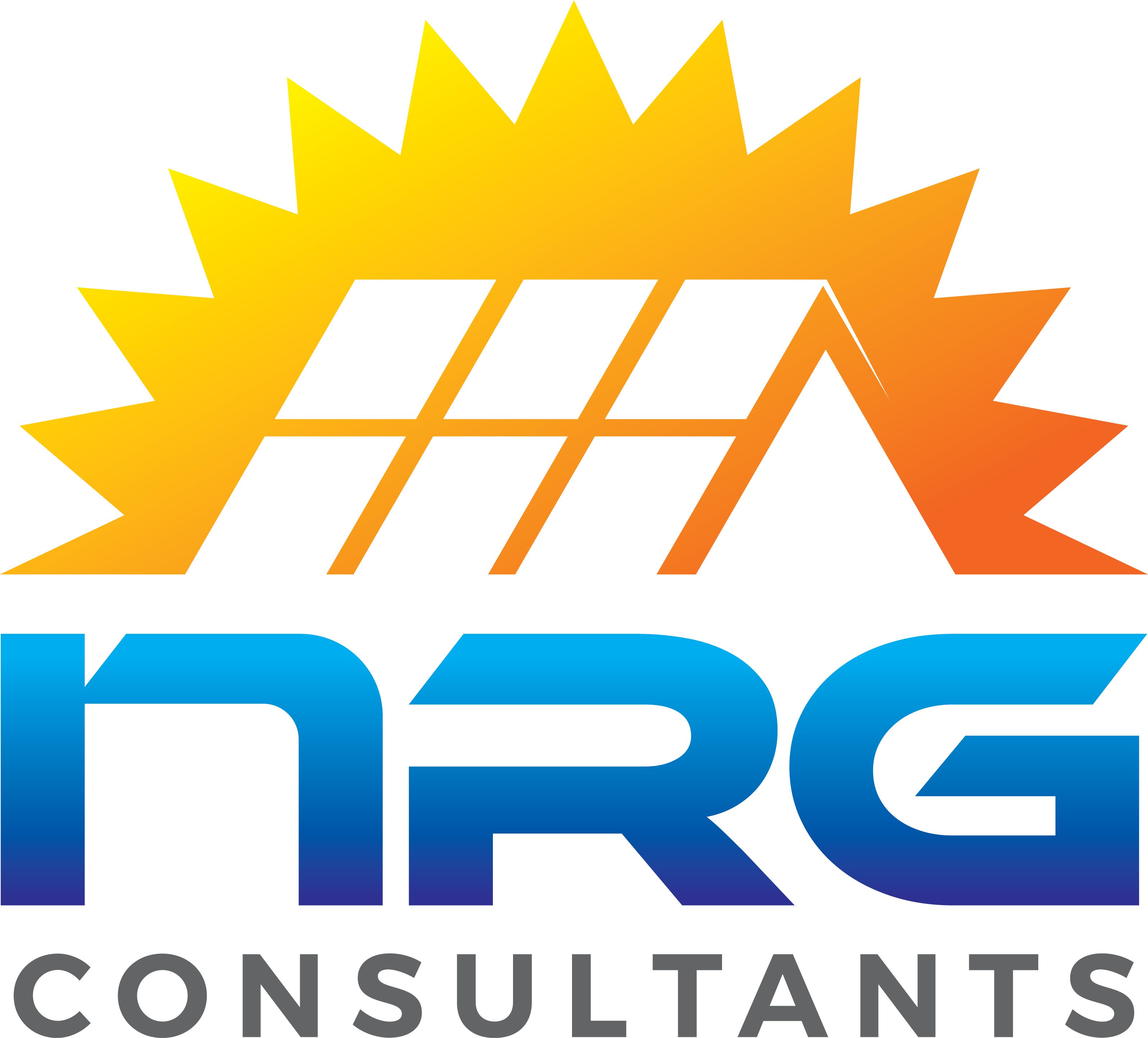Solar FAQ
Are there any environmental advantages to a solar system install?
The answer is a flat out yes. Solar energy first and foremost creates needed electricity. The electricity that is generated through the solar PV panels avoids excessive amounts of carbon dioxide, nitrogen oxide and sulfur dioxide as per the national emission data. Solar energy also avoids pollution that is generated from coal and nuclear plants and also avoids the production of radioactive nuclear waste.
Does my property have to have a specific sun exposure for a solar energy system?
A southern exposure is always the best option and certainly presents with an increase of solar power for your residential or commercial property. However, a home or business with an east or west exposure to the sun’s UV rays can also offer successful exposure and energy results.
Can solar electric systems be installed on a mobile home?
The basic answer to this question would be no since systems need to be installed to adhere to the local governing authority regulations with regard to wind loading. Mobile homes typically are unable to provide for a secure and safe enough attachment to meet with these regulations.
If a roof installation cannot be performed for a mobile home, are there any other installation options?
There are a couple of other install options for mobile homes. The first being ground mounts and the second being that of pergola installations.
Can A PV Solar system be installed in a condominium complex?
Though most condominium homeowner’s associations have specific rules with regard to any type of installations, whether on roofs or on the ground, there are laws that protect the installation of solar devices and systems within condominium complexes.
How can I determine if my home or business has sufficient exposure to the sun for a solar energy system installation?
The installation of a solar energy electric system at your home or business requires a good deal of unobstructed exposure to the UV rays of the sun for the greater part of the day. If your structure has issues with ongoing shading, it is highly recommended that microinverters are used with your system install as opposed to the typical standard inverters used with standard installations of solar systems.
Does a PV Solar System require a great deal of space?
There are a number of components that can help you determine the amount of space needed for a PV solar system installation at your home or business. The amount of energy you want to produce coupled with the solar panel design and orientation help to determine the space needed. In addition, where the PV system will be mounted, whether on a roof, the ground, a pergola or other structure, will also contribute to the amount of space needed.
What type of tax credits are available with the installation of a solar electric system?
There are a number of tax credits available, including the most popular Solar Investment Tax Credit often referred to as the ITC. This credit is for those home or business owners who have invested in a PV solar system. There are also tax credits that can be taken at year’s end for a number of solar system expenses. From solar photovoltaic panels, wires and mounting devices to inverters, energy storage devices and assembly, installation and developer fees, the allowable tax credits are many.
Will a PV solar system still work during a storm or other bad weather conditions?
Storms of all types will definitely have an impact on the power output of your installed system. However, it will continue to produce electricity despite the inclement weather conditions.
